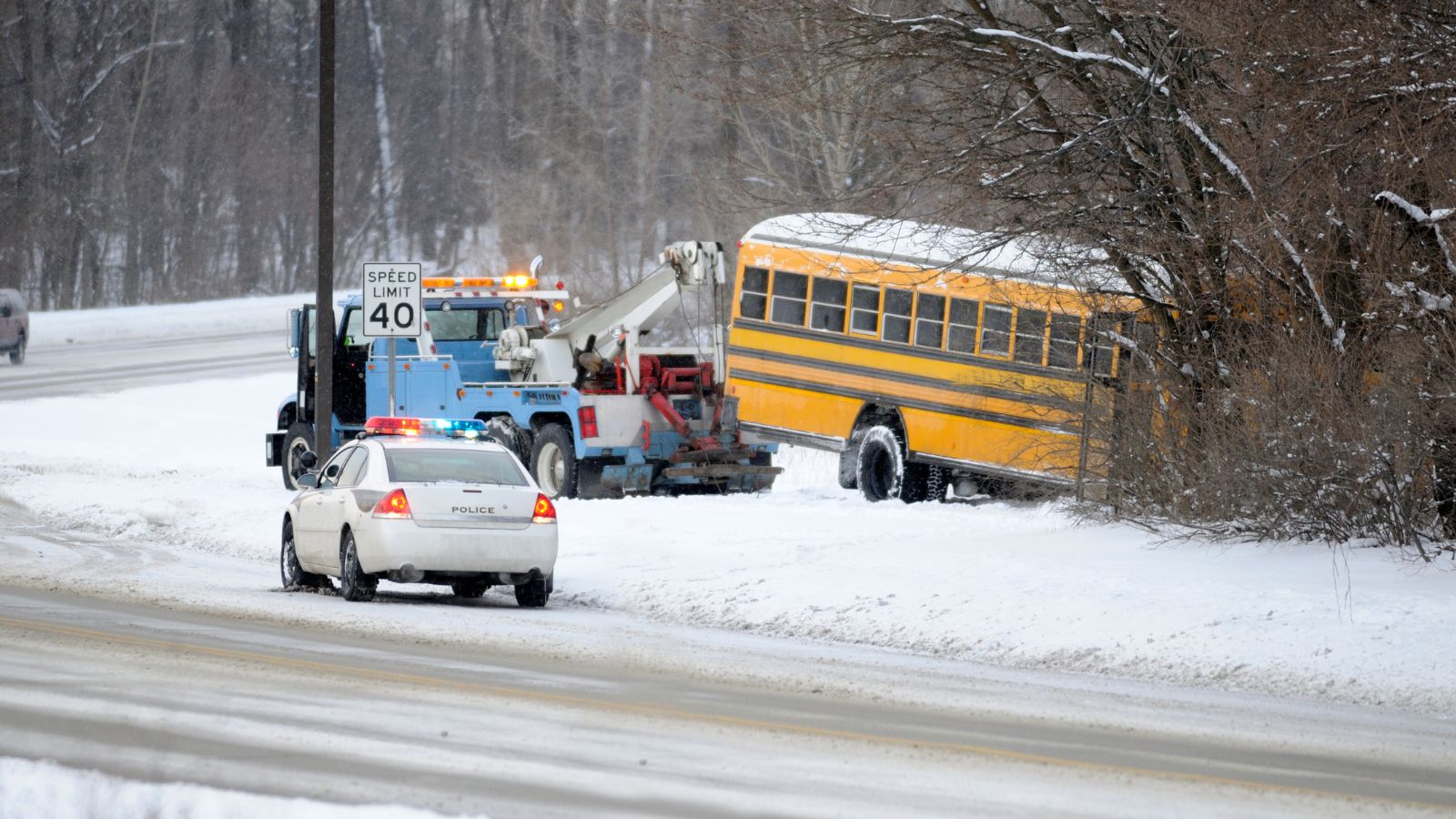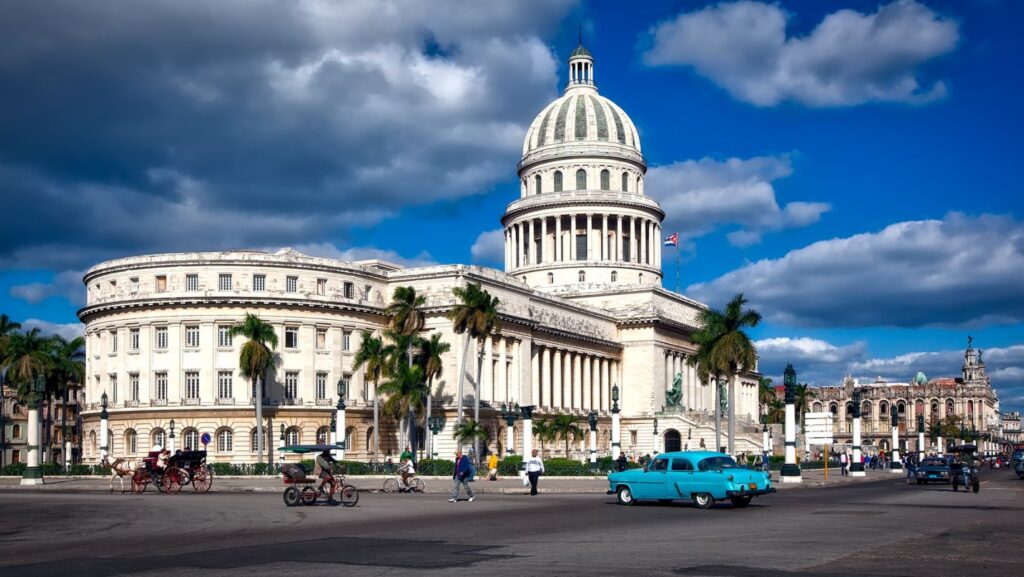Accidents involving buses often lead to complex legal challenges, particularly when it comes to determining liability and seeking compensation for victims. Whether the accident involves a public transit bus or a privately operated one, the legal processes and claims vary significantly. Public bus accidents often involve government entities, while private bus accidents are typically managed through standard insurance and private company policies. Understanding these differences is crucial for victims navigating their legal options.
From the timelines for filing a claim to the scope of available compensation, the legal landscape differs greatly between public and private bus accidents. Consulting a Redmond bus accident lawyer can provide victims with the necessary expertise to navigate these differences and secure fair compensation. This article explores the primary differences in legal proceedings and claims for public and private bus accidents, shedding light on the unique challenges victims may face in each scenario.
The Role of Government Immunity in Public Bus Accidents
Government-owned buses operate under a legal framework known as sovereign immunity, which shields public agencies from certain types of lawsuits. This protection can make it difficult for victims of public bus accidents to pursue legal claims. However, many jurisdictions have enacted limited waivers of immunity that allow claims under specific conditions, such as when negligence is clearly demonstrated.
These legal protections for government entities create additional barriers for victims. Filing claims against a public transit agency often involves stricter rules and requirements, including notifying the agency of the claim within a short period. These limitations highlight the importance of legal expertise to navigate the complexities of government immunity.
Understanding Negligence in Private Bus Accidents
Negligence plays a central role in determining liability for private bus accidents. Common causes include inadequate driver training, reckless driving, or poor vehicle maintenance. Proving negligence requires gathering evidence, such as driver records, maintenance logs, or eyewitness accounts, to establish fault.
Unlike public bus cases, private bus operators do not enjoy legal immunity, making it easier for victims to hold them accountable. Victims can seek compensation for a wide range of damages, including medical expenses, lost wages, and pain and suffering. This greater flexibility often encourages private bus operators to settle claims more quickly to avoid prolonged litigation.
Differing Insurance Requirements for Public and Private Buses
Public buses are typically insured through government-backed programs or self-insurance, which may have caps on compensation amounts. These limits can leave victims without full coverage for their medical expenses or other losses, depending on the severity of the injuries.
Private bus companies, on the other hand, are required to carry commercial insurance policies with higher coverage limits. These policies generally provide broader protection for victims, covering extensive damages such as long-term rehabilitation and lost earning capacity. The differences in insurance coverage significantly affect the compensation victims can receive.
The Importance of Claim Deadlines
Filing deadlines for claims differ significantly between public and private bus accidents. For public bus accidents, victims must adhere to strict deadlines, often requiring a formal notice of claim within a few months of the incident. Missing these deadlines can result in the claim being denied, regardless of its merits.

In private bus accidents, the timeline for filing a lawsuit is governed by standard personal injury statutes of limitations, which typically provide a longer window. While victims of private bus accidents have more time, acting quickly is still crucial to preserve evidence and build a strong case.
Legal Challenges in Proving Fault for Public Buses
Establishing fault in public bus accidents can be a daunting task due to the involvement of government agencies and complex legal processes. Victims must often overcome several challenges to secure fair compensation.
- Defenses by transit agencies: Government entities may claim that the accident was unavoidable or attempt to attribute partial fault to the victim. These arguments can make it difficult to prove negligence.
- Gathering critical evidence: Key evidence such as surveillance footage, maintenance records, and driver logs is essential to counter these defenses and establish the cause of the accident.
- Involvement of multiple parties: Public bus accidents often involve transit agencies, drivers, and their insurers, leading to a more complicated claims process.
- Administrative hurdles: Claims against government-operated transit systems may be subject to strict deadlines and additional legal requirements, adding another layer of complexity.
- Need for legal expertise: Working with experienced legal professionals ensures victims can navigate these challenges, hold all responsible parties accountable, and pursue the compensation they deserve.
Unique Risks in Private Bus Accidents
Private buses, such as those operated for charters, tours, or school transportation, come with their own set of risks. These vehicles often travel long distances and may carry passengers unfamiliar with the area, increasing the likelihood of driver fatigue or error. Additionally, the profit-driven nature of private companies may lead to cost-cutting measures that compromise safety.
Victims of private bus accidents often face challenges in proving that a company’s negligence contributed to the incident. Detailed investigations into driver training programs, vehicle maintenance practices, and company policies are essential to building a strong case.
The Psychological Toll of Bus Accidents
Bus accidents, whether public or private, can have significant psychological impacts on victims. Survivors often experience trauma, anxiety, or post-traumatic stress disorder (PTSD), particularly when the accident involves serious injuries or fatalities. These effects can complicate recovery and may require therapy or counseling.
Victims seeking compensation must often document the emotional and psychological toll of the accident as part of their claim. While public bus claims may limit non-economic damages, private bus claims often provide broader opportunities to recover compensation for emotional suffering.
The Role of Legal Experts in Bus Accident Claims
Dealing with the legal distinctions between public and private bus accidents can be overwhelming for victims. Attorneys experienced in bus accident cases provide invaluable guidance, helping victims understand the nuances of liability, insurance coverage, and claim deadlines.

Whether dealing with a government agency or a private bus company, legal experts ensure that victims’ rights are protected and that they receive the compensation they deserve. Their involvement can make a critical difference in achieving a fair resolution and alleviating the burdens faced during recovery.



